As an Amazon Associate I earn from qualifying purchases. See Full Disclosure Here
Essential oil safety is a crucial aspect of aromatherapy and should be your top priority at all times.
Understanding the best practices and the potential risks associated with improper use is key to using these concentrated plant extracts safely and effectively.
Essential oils have become increasingly popular as a natural alternative for improving physical, emotional, and mental well-being.
While these highly concentrated plant extracts offer powerful benefits, they can have adverse effects if not used correctly.
This essential oil safety guide will provide you with the knowledge and resources you need to make informed decisions about incorporating essential oils into your daily routine.
15 Essential Oil Safety Tips
1. Use Only High-Quality Essential Oils From Reputable Sources
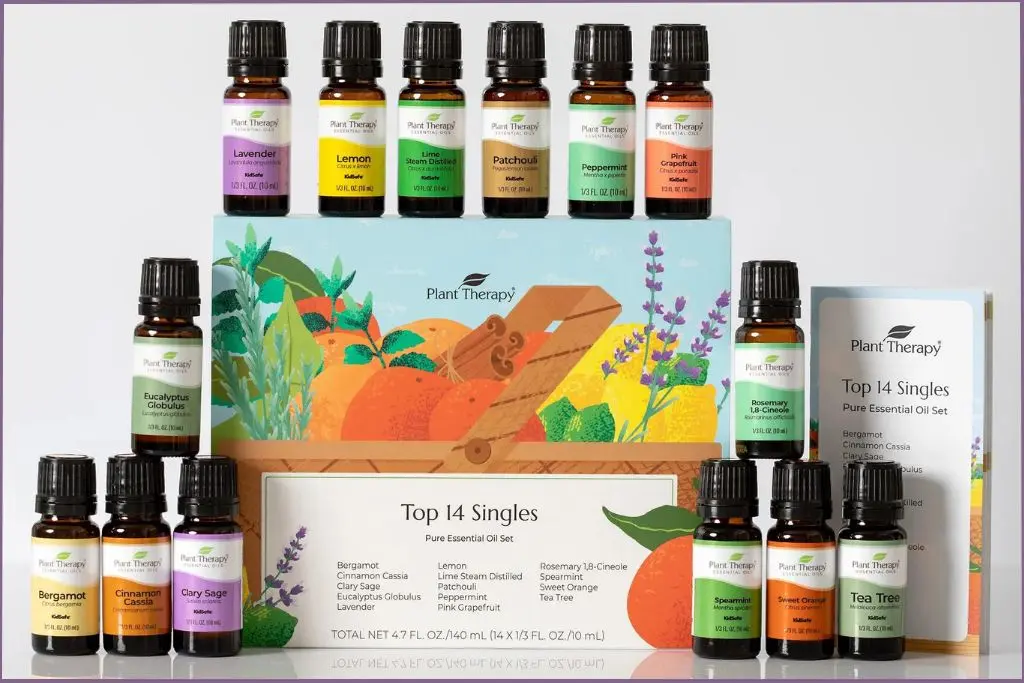
I cannot stress this enough – to get the benefits of aromatherapy, you must buy high-quality, pure essential oils from reputed brands.
Cheap or low-quality oils may contain additives or preservatives to extend their shelf life. These can reduce the effectiveness of the contents. Sometimes, they may even be harmful.
I only buy essential oils from these three brands:
Plant Therapy – Read my detailed Plant Therapy Essential Oils Review to see why this is my top recommended aromatherapy brand.
Barefut Oils
When you buy essential oils from these companies, you know what you’re getting is pure, genuine, and unadulterated. All three brands also sell oils in sets, which reduces their costs significantly.
2. Read the Label On The Bottle
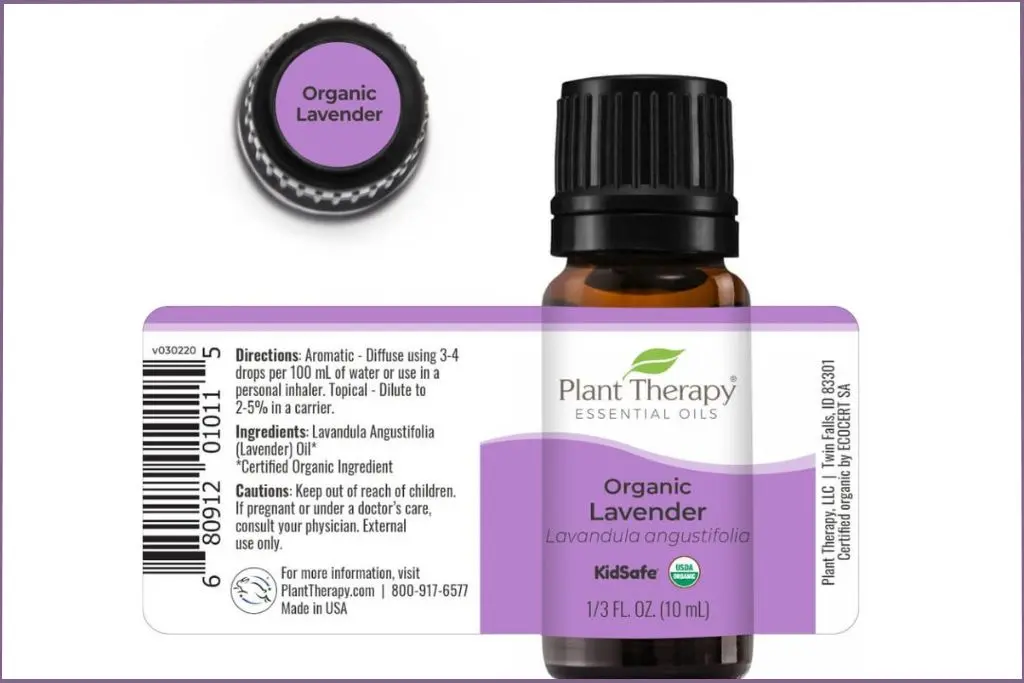
A reputed essential oil brand will always have a label with details about the contents in that particular bottle.
The label on the bottle should contain these details:
– Botanical name of the plant from which the oil is extracted
– The country where the plant was harvested
– Extraction and packaging date
– Potential risks
– 100% essential oils
If a label only states ‘Made from natural ingredients’ or ‘Made from essential oils’ but does not say ‘100%’, the product may contain a mix of natural components and synthetic fragrance oils.
Fragrance oils give the product a pleasant aroma but they have no health value at all and are a waste of money. Some may even be hazardous.
This ultimate guide to buying essential oils explains in more detail what to look for to ensure that the product is high quality. Reading through it will help you steer clear of poor-quality oils.
3. Ease Into Essential Oils Slowly
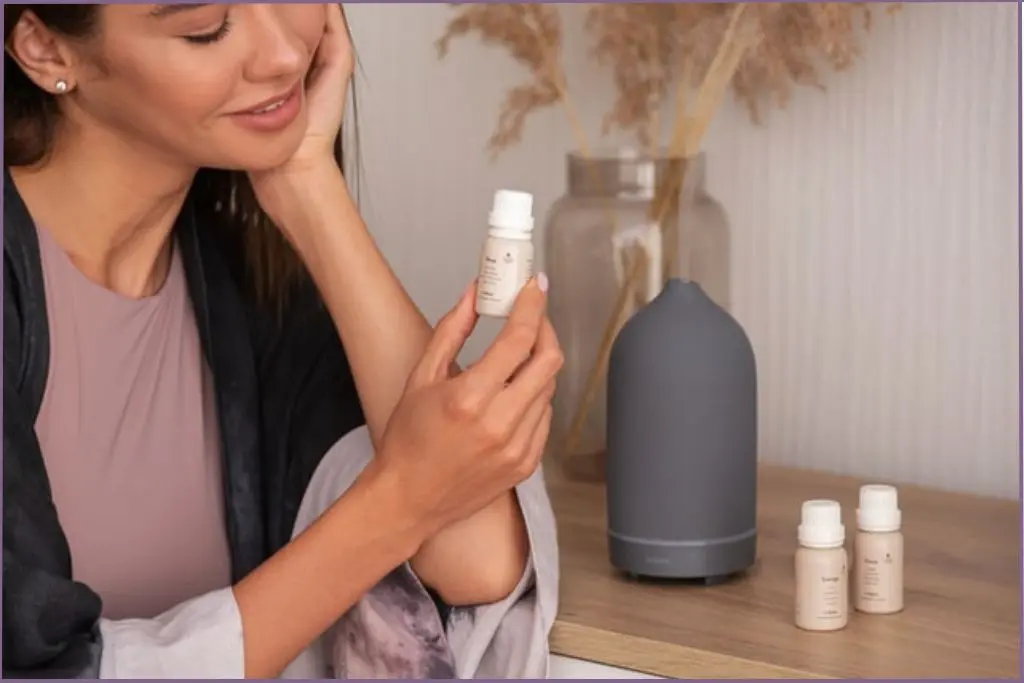
Whether you’re inhaling the aromas or using the oil topically, it’s advisable to start slowly and proceed cautiously. This is the core principle of essential oil safety.
Use small, diluted doses cautiously and test continuously. Check for any reactions before increasing the dosage or the frequency of use. Do this when using any new essential oil that you’ve never used before.
Don’t base your usage on another person’s experience. Different people are sensitive to various substances. You must test your reactions and proceed accordingly.
4. Always Dilute Essential Oils Before Topical Application
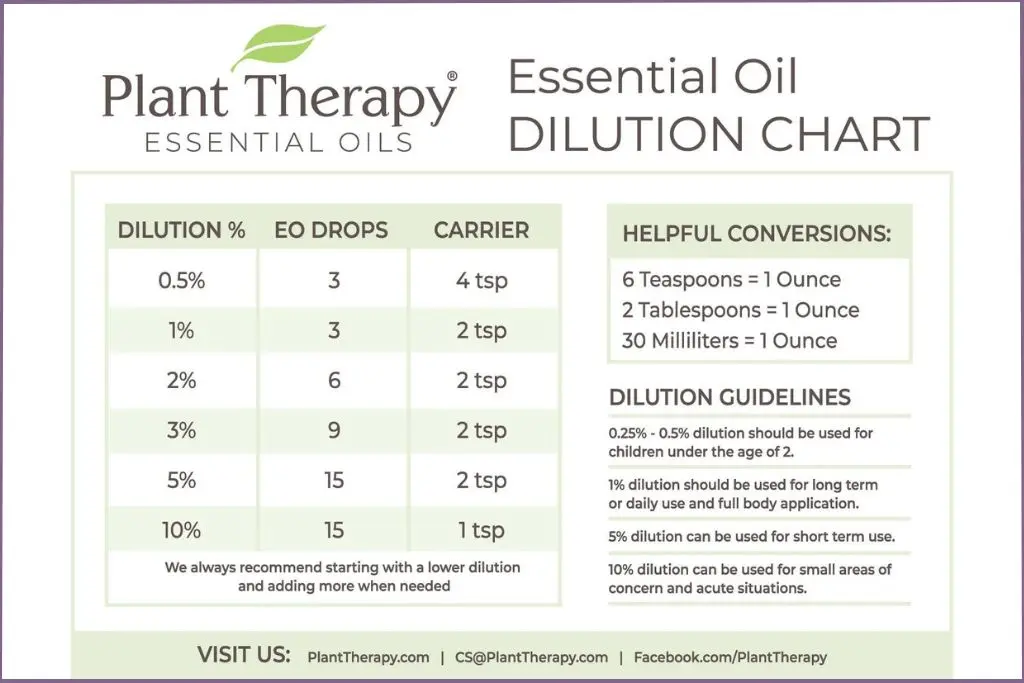
Essential oils are very potent and can cause skin irritation, burns, or other adverse reactions if applied to the skin in their concentrated form. Before topical application, you must dilute the essential oil with a carrier oil such as coconut, sweet almond, or jojoba oil.
The carrier oil dilutes the concentration of the oil and also acts as a barrier between the essential oil and your skin. Read this guide to diluting essential oils to ensure you’re doing it correctly.
This magnetic essential oil dilution chart from Plant Therapy is a handy reference guide to diluting essential oils correctly.
These are the best carrier oils for essential oils.
5. Do a Patch Test Before Using An Essential Oil Topically

Always do a skin patch test before applying an essential oil more liberally.
There’s no way of knowing beforehand how your skin will react to a new substance. Just because a product does not trigger a reaction in others, the same may not apply to you.
To do a patch test, apply a diluted solution of essential oil to a small area of skin and wait a few hours to see if there’s any reaction. This guide to the topical application of essential oils offers important tips and precautions on this topic.
6. Do Not Apply Essential Oils To The Eyes, Ears, Or Mucous Membranes
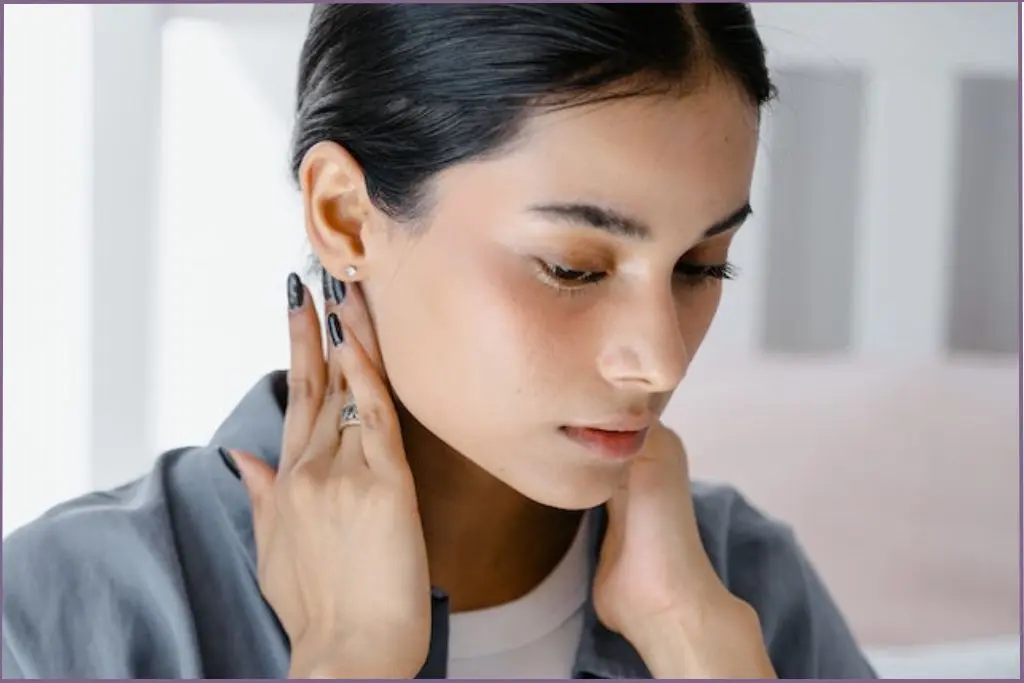
The mucous membrane and skin around the eyes and eyes are highly sensitive and are more susceptible to irritation when they come in contact with highly potent essential oils.
If essential oil gets inside your eyes, ears, or nose accidentally, pour carrier oil onto a soft cloth and wipe the area gently.
Splashing water over the area in an attempt to wash off the oil may not be effective as water and oil don’t mix.
These are the safest and most effective pulse points for essential oils.
7. Less is More with Essential Oil Usage
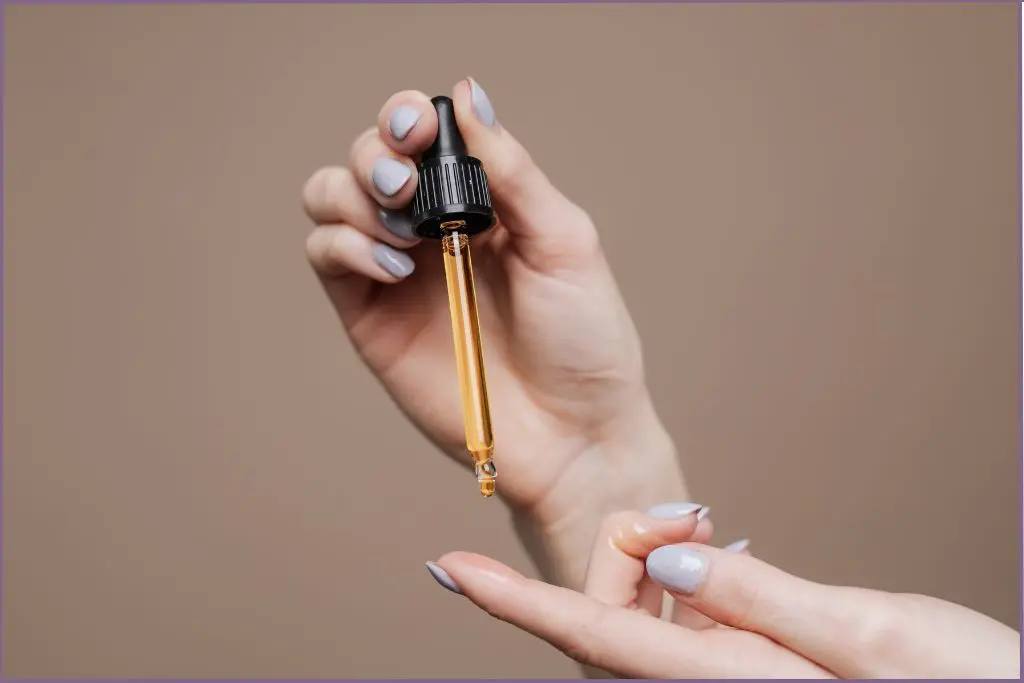
Nowhere is the phrase “less is more” more applicable than with the use of essential oils.
These plant extracts are very concentrated, so you only need a couple of drops to achieve the desired effect. Always use essential oils mindfully and carefully.
When following essential oil recipes, use the recommended number of drops. If the recipe calls for 1 to 2 drops, do not use 3 drops. Not only is it wasteful to use too much but it could also be harmful.
8. Do Not Ingest Essential Oils Without First Consulting with Your Doctor
Some essential oils can be toxic if ingested in large amounts. Others may be toxic even in small amounts.
As a general rule, do not use essential oils internally unless under the guidance of a qualified healthcare professional.
9. Take Extra Care When Using Essential Oils On For Young Children
Some essential oils may be too strong for younger children’s delicate skin and respiratory system.
When using essential oils on children, use only oils from Plant Therapy’s KidSafe line. These oils are specially formulated to be safe for use on younger children.
Use this KidSafe Essential Oil Dilution Chart to ensure you’re using the correct dilution.
It’s best to consult a qualified healthcare professional before using essential oils on young children.
10. Keep Out of Reach of Children & Pets
As a rule of thumb, ALL essential oils should be treated like medicine that can become poison in unknowing hands. This includes children and pets.
Left within reach of children and pets, these substances can be dangerous and deadly if accidentally ingested or inhaled in large amounts.
For the same reason, children should not be allowed to use these products unsupervised as they may not be able to regulate how much they use.
11. Keep Out of Reach of Open Flames
Essential oils are flammable and should be kept out of reach of open flames. Your bottle could catch fire or explode if kept too close to the fireplace or a burning candle.
When using candles for aromatherapy, pour the liquid carefully on the hot wax and not directly on the flame.
12. Be Careful with Citrus Oils & Sun Exposure
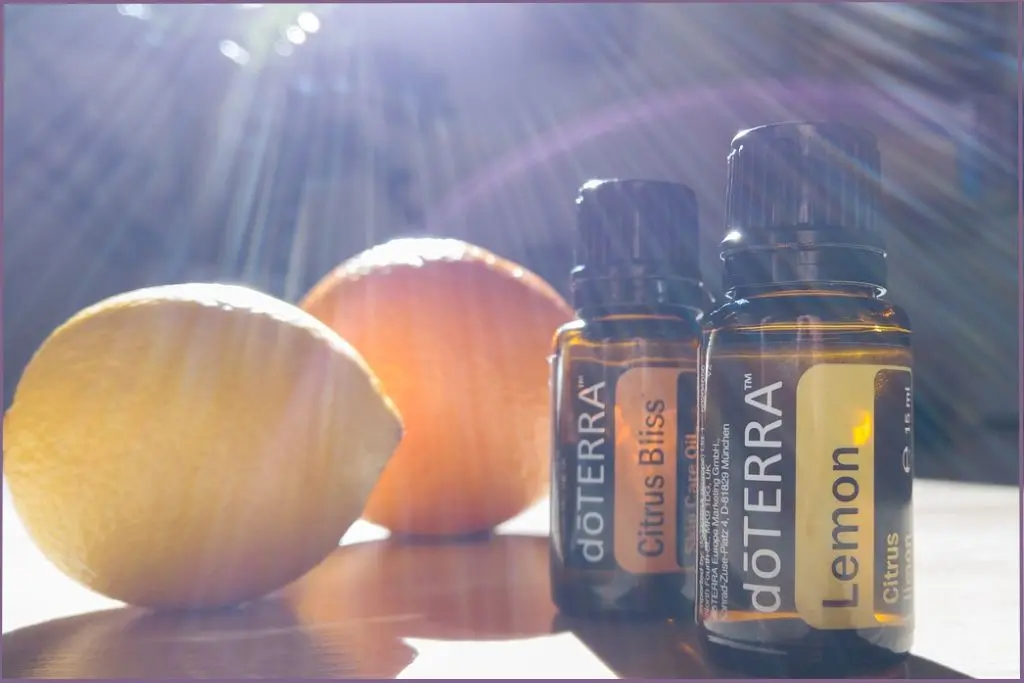
Oils from the citrus aroma family contain photosensitizing molecules. Exposure to sunlight after applying any citrus oil to your skin can cause photosensitivity and increase the risk of sunburn.
After applying any citrus oils on your skin, whether in the form of a lotion or perfume, you must take care to protect the area from direct sunlight for at least 12 hours. Exposing the skin to sunlight before 12 hours could result in dark patches or even burns.
13. Follow Recommended Dosage And Usage Guidelines
Always follow the recommended dosage and usage guidelines for each essential oil.
Different oils have different properties and different uses and unless you’ve had some experience with adjusting dosages, it’s safest to follow the instructions and guidelines for use.
14. Avoid Using Essential Oils During Pregnancy
The question of essential oil safety during pregnancy has been debated endlessly for years.
Despite what some people may claim, there is no conclusive evidence that points to essential oils being safe or unsafe during pregnancy.
Some studies found that essential oils can stimulate contractions and cause complications.
To stay on the safe side of this pivotal issue, I’d advise against using essential oils during pregnancy.
15. Do Not Substitute Essential Oils For Medical Treatment.
Essential oils are not intended to be a substitute for medical treatment and should not be used as such.
If you have a medical condition or are experiencing symptoms, seek medical attention from a qualified healthcare professional.
Do not try to treat any medical conditions using essential oils.
Essential Oil Safety Starts with Doing Your Research
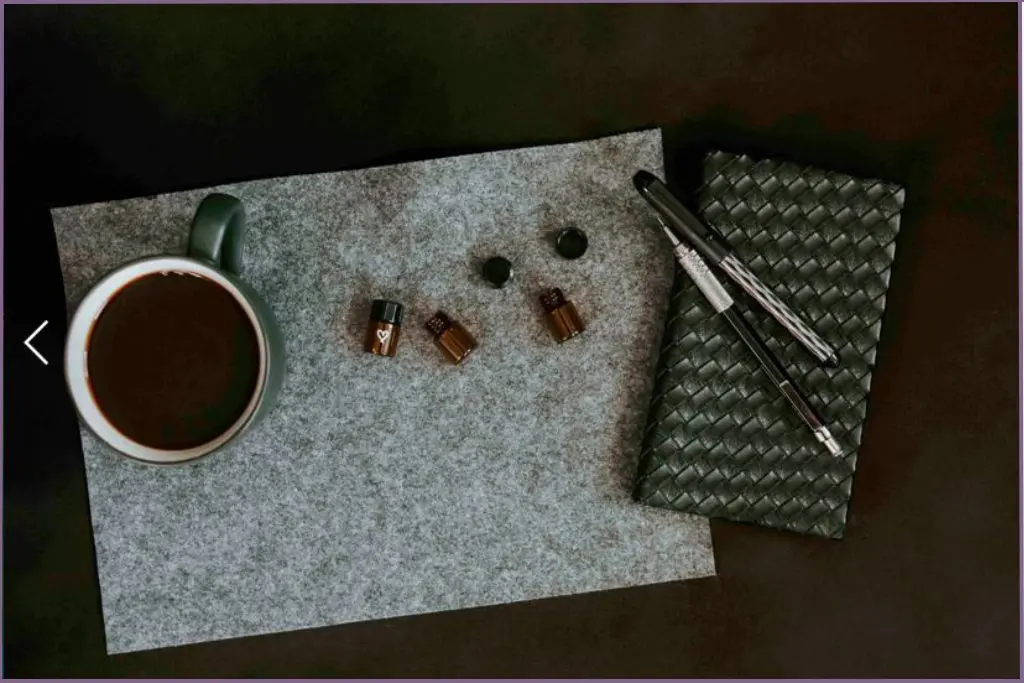
The essential oil safety tips listed above should not be considered as a complete and thorough reference for using essential oils.
Before you start using essential oils take time to understand what are essential oils, and the science behind how aromatherapy works.
It also helps to learn how to store essential oils correctly to maximize their shelf life and how to use essential oils for aromatherapy correctly.
You’ll find some great resources on everything related to aromatherapy in this list of best essential oil books for all levels. Whether you’re just getting started or you want to expand your knowledge in this area, you’re sure to find a book that’s right for you in this list.
Disclaimer: This information is not intended to serve as medical advice. Please consult your doctor before using any natural medication or if you experience any unusual symptoms. See Full Disclaimer here.


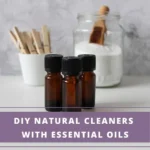


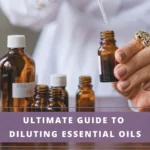
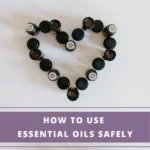
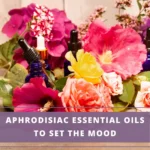

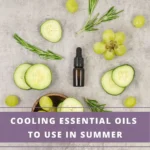
Leave a Reply